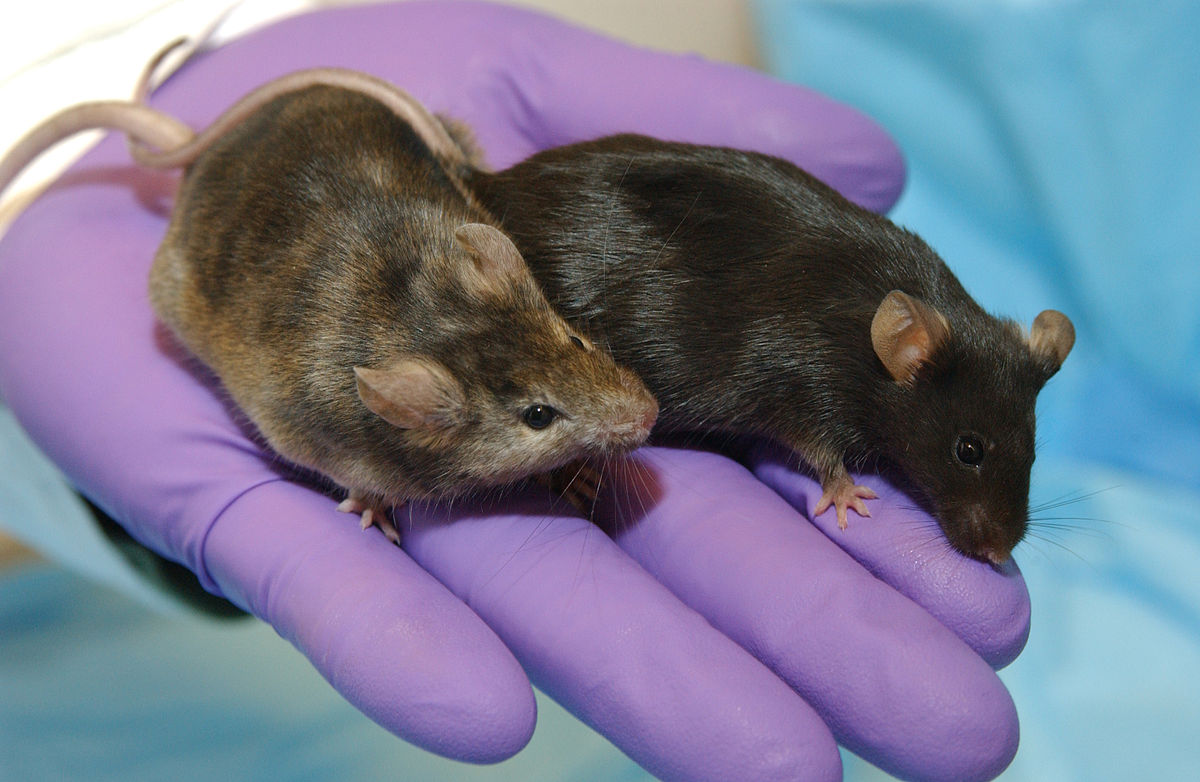Individual animal cells have been quite difficult for scientists to isolate. Knocking out a single gene and then studying it separately has proven to be difficult in certain diseases, where scientists find it difficult to isolate genes. A new technique known as CRISPR-Cas9 has made it easier to analyze individual animal cells precisely.
Multiple Cells Alteration
Researchers from the university of ETH Zurich, Switzerland, developed the technique to simplify the previously complex process of gene alteration. Scientists are now able to make multiple gene changes in individual cells of a single animal. By using the technique, researchers were able to alter multiple cells within an organ through different ways.
First Time In Animal Cells
The technique was applied to adult animals for the very first time i.e. in adult mice. The researchers were able to destroy different unwanted genes by pinpointing them through a process called adeno-associated virus (AAV). The research also led to the discovery of a new human-related disease, the symptoms of which were similar to schizophrenia and autism spectrum disorder.





